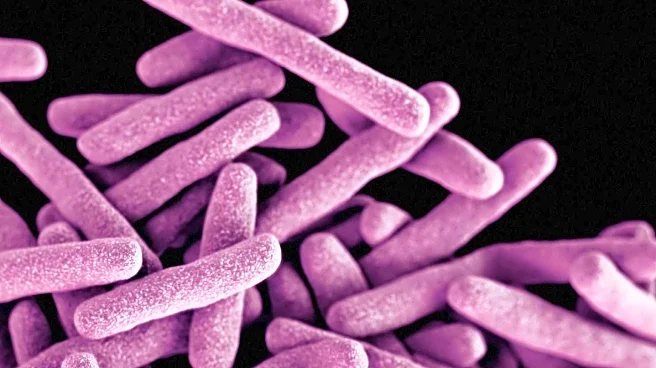What's Happening?
A study on María Branyas Morera, who lived to 117, has provided insights into the potential role of gut microbiome diversity in promoting longevity. Researchers found that her gut microbiome was as diverse as that of a much younger person, rich in beneficial bacteria like Bifidobacterium. This diversity is linked to her Mediterranean diet and daily consumption of yogurt, which may have supported her gut and immune health. The study suggests that while genetics play a role in longevity, diet and lifestyle, particularly those that promote a diverse microbiome, are crucial factors.
Why It's Important?
The findings underscore the growing consensus that a diverse gut microbiome is associated with better health and resilience. This research could influence dietary recommendations and public health policies aimed at promoting longevity and reducing age-related diseases. By focusing on diet and lifestyle changes that enhance microbiome diversity, individuals may improve their health outcomes and potentially extend their lifespan. The study also highlights the importance of fermented foods and a Mediterranean diet in maintaining a healthy microbiome.
What's Next?
Further research is needed to understand the exact mechanisms by which a diverse microbiome contributes to longevity and to identify specific dietary patterns that can optimize gut health. Public health initiatives may increasingly focus on promoting dietary habits that support microbiome diversity as a means to improve population health and longevity.
Beyond the Headlines
This study adds to the body of evidence suggesting that lifestyle factors, such as diet, can significantly impact health outcomes. It also raises questions about the potential for personalized nutrition plans based on individual microbiome profiles to enhance health and longevity.











